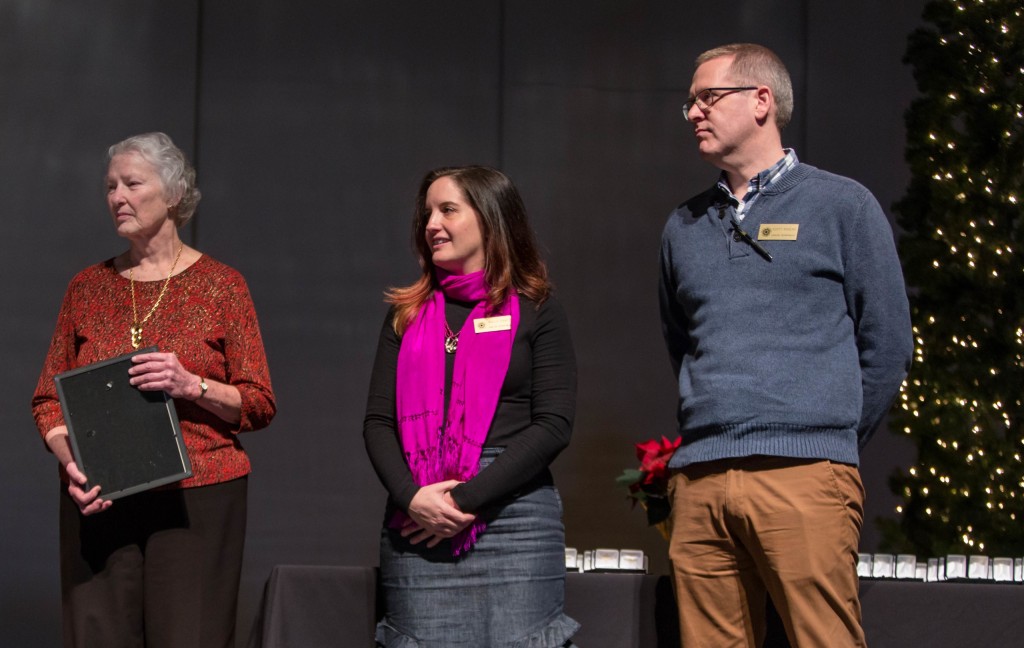Page 285 • (12,666 results in 0.065 seconds)
-
changed. While still performed at initiations, today the main significance of these ceremonies comes with the opportunity for communities to come together, celebrate, and communicate truths about gender, power and the past. They offer a chance for the Makonde to express, through ritual performance, the realities of their changing world and how that in turn affects their own identity (Bortolot). During initiation both girls and boys are taught how to make and perform with masks. Women however, perform
-
changed. While still performed at initiations, today the main significance of these ceremonies comes with the opportunity for communities to come together, celebrate, and communicate truths about gender, power and the past. They offer a chance for the Makonde to express, through ritual performance, the realities of their changing world and how that in turn affects their own identity (Bortolot). During initiation both girls and boys are taught how to make and perform with masks. Women however, perform
-
changed. While still performed at initiations, today the main significance of these ceremonies comes with the opportunity for communities to come together, celebrate, and communicate truths about gender, power and the past. They offer a chance for the Makonde to express, through ritual performance, the realities of their changing world and how that in turn affects their own identity (Bortolot). During initiation both girls and boys are taught how to make and perform with masks. Women however, perform
-
changed. While still performed at initiations, today the main significance of these ceremonies comes with the opportunity for communities to come together, celebrate, and communicate truths about gender, power and the past. They offer a chance for the Makonde to express, through ritual performance, the realities of their changing world and how that in turn affects their own identity (Bortolot). During initiation both girls and boys are taught how to make and perform with masks. Women however, perform
-
program during the summer of 1999 during a sabbatical leave, and Lindsey in the summer of 2006. During the apprenticeship program we learned how to care for captive chimpanzees and assisted with ongoing research projects. Now we continue to volunteer at the Chimposiums held at CHCI. These are educational programs that inform the public about the sign language studies this particular family of chimpanzees has been involved in as well as providing information about the plight of free-living chimpanzees
-

by Dr. Jennifer Smith with students from her International Honors 253: Gender and Sexuality course and women in the Therapeutic Community (TC) at the Washington Corrections Center for Women (WCCW). Together they applied theoretical texts to design and execute a long-term project that examines and reflects upon the boundaries and connections between universities & prisons as well as the general population and people who are incarcerated. The Parkland Tour ProjectThe Parkland Tour ProjectDeveloped
-
, privilege, and oppression when considering family structure and development. We recognize that families’ intersecting social contexts influence the meaning of family, relational functioning, and changes over time. Throughout the semester, we will study how race, gender, social class, immigration, religion, spirituality, sexual orientation, and other factors impact family development. You will take part in several projects, including a group cultural “immersion,” a religious community observation, and on
-

English professor at the University of Arkansas at Little Rock, received the nonfiction prize for their translation of the eighteenth-century text “Work on Women” by Louise Dupin (also known as Madame Dupin). Wilkin teaches in multiple academic programs at PLU, including French & Francophone Studies, Global Studies, the International Honors program, and the First Year Experience Program. She is the author of Women, Imagination, and the Search for Truth in Early Modern France (Ashgate 2008) and of many
-
the year. Professor Samuel Torvend, Speaking at the Lutheran Studies Conference in 2014 “It’s very clear in the Rule that every community should be self-sustaining,” said Dr. Torvend. “There were no grocery stores or wholesale food suppliers in the early medieval world. You ate and drank what you grew.” The stability of rural monastic life was an appealing alternative to the urban decay and ongoing military conflict of medieval Italy. “They had no one to rely on but themselves.” St. Benedict of
-
, we read these works because we think they offer perspectives that you can’t find anywhere else on enduring questions of human existence. IHON 111: Origins, Ideas, and EncountersIHON 111 explores how issues such as the order of the universe, political authority, justice and dissent, gender relations, and the human relation to nature manifested themselves in texts emerging from different peoples and regimes from the pre-modern world (ancient Egypt, Sumer, Greek city-states, the pre-Columbian Maya
Do you have any feedback for us? If so, feel free to use our Feedback Form.


